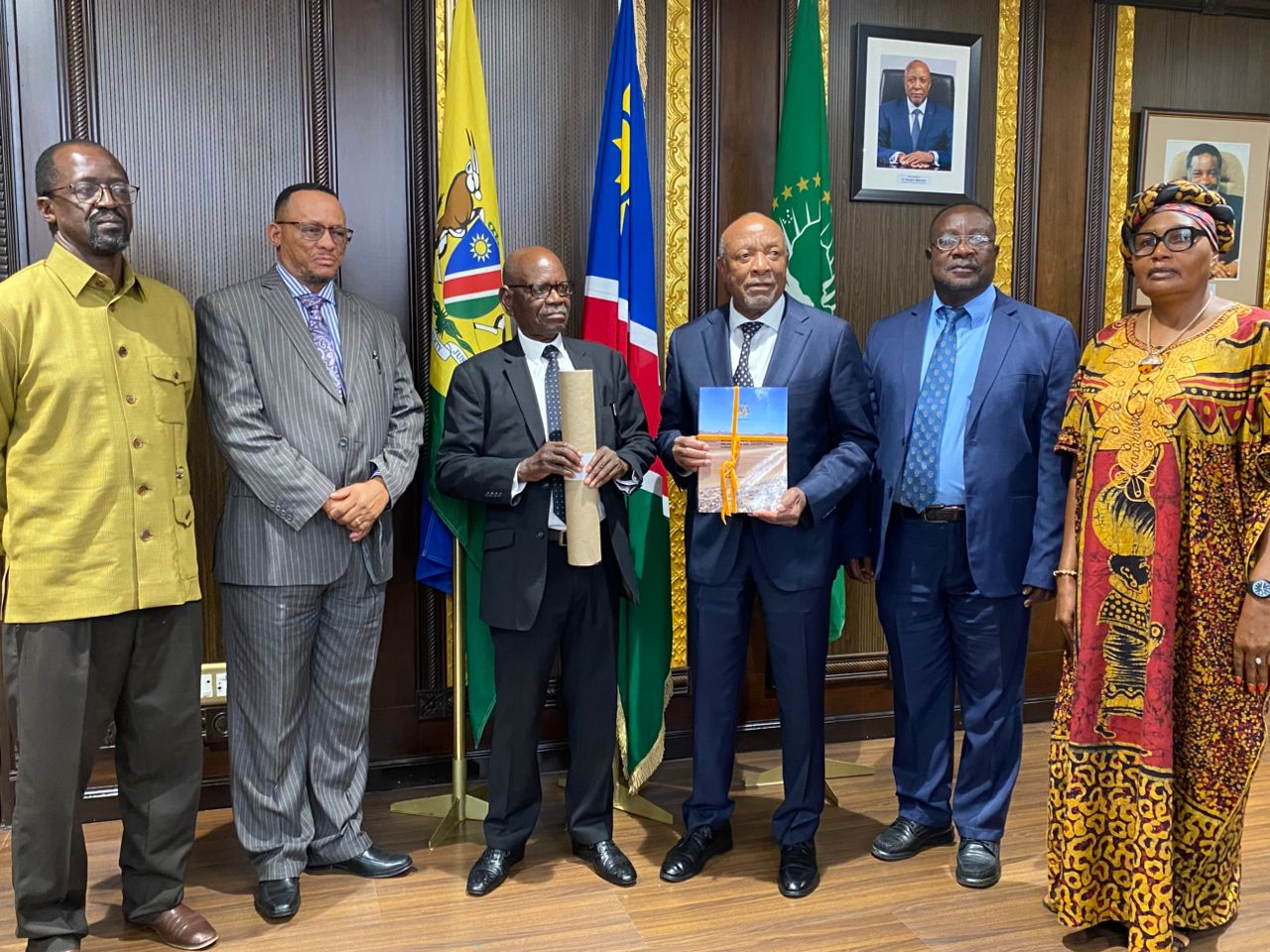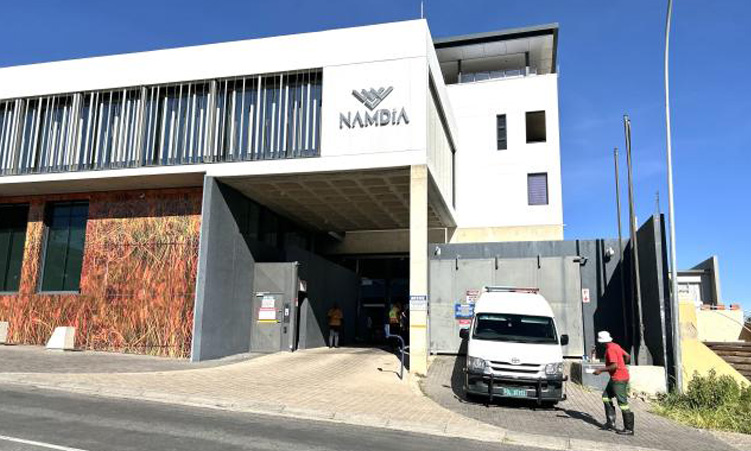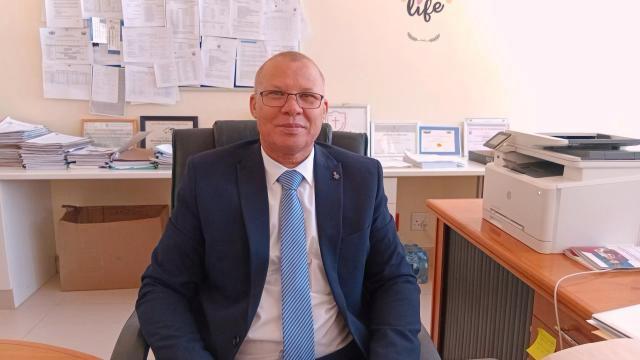WAS Swapo activist Anton Lubowski assassinated on September 12 1989 because he was about to – unknowingly – expose evidence of mass murder by apartheid authorities, with potentially disastrous consequences for vested economic interests? Charles Courtney-Clarke, a former associate of the late human rights activist, believes that it was clearly the case – and has produced several pieces of evidence he maintains point to a convergence of political and economic interests at the time.
Or put more simply, more the “why” than the “who” responsible for Lubowski’s murder.Two previous judicial inquests to unravel the “who” left more questions than answers.The first, held before retired Judge Harold Levy in 1993, found that Lubowski was murdered by people unknown but believed to have been the Civil Co-operation Bureau’s Region 6 team.Region 6 was “managed” by Staal Burger at the time; other members were Ferdie Barnard and Abraham ‘Slang’ van Zyl, while Johan Niemoller was responsible for keeping Lubowski under surveillance immediately prior to the assassination, the inquest was told.Who exactly pulled the trigger was never clear: Donald Acheson, an itinerant Irish drifter of mercenary delusions, was arrested shortly afterwards but was released after almost eight months for lack of evidence.Acheson was widely believed to have been set up, and subsequently dropped off the face of the earth.There were also suggestions during the inquest that Acheson was supposed to have been shot while “attempting to escape” – thereby bringing the investigation to a dead end.Lubowski’s assassination took place two months before Namibia’s independence elections, supervised by the United Nations Transition Assistance Group (Untag). Coming after Swapo’s disastrous 1 April 1989 invasion of northern Namibia instead of quartering their soldiers in Angola, it was a straw that nearly snapped the political caravan’s back.Courtney-Clarke however rejects the notion that the assassination was an effort to scare former President Sam Nujoma from returning to Namibia and thereby giving the other, military-funded political parties a fighting chance of beating Swapo at the polls.Instead, like Lubowski’s father Wilfried, he holds that the assassination was brought about by the threat Lubowski posed to vested economic interests in Namibia’s mining and fishing industry with secret links to senior Swapo politicians.Wilfried Lubowski went so far as to accuse the Namibian Government directly, in the presence of former President Sam Nujoma, of protecting “someone very high up in the Government”.Courtney-Clarke points to extensive evidence that the security police had not removed any of their wire taps during the six-month election run-up as they were supposed to.A former security branch constable, also known to this reporter, had supplied him with key documents that were supposed to have been shredded. Among these was a Security Branch copy of a list of 200 Swapo guerrillas who, after being captured and interrogated, “…had gone flying”, as he put it this week: proof positive of mass murder by the apartheid authorities. TRC HEARINGS During Truth and Reconciliation Commission hearings (and Dr Wouter Basson’s trial), it emerged that the apartheid-era security forces often disposed of unwanted witnesses in Namibia by drugging prisoners (or killing them with hammer blows to the head).The bodies dead were dumped from a small plane in the sea off Walvis Bay.Courtney-Clarke, who was working with Lubowski on legal measures to reform the apartheid-tainted mining and fishing sectors, said Lubowski at the time was unknowingly threatening to expose this methodical mass murder.Had Swapo known of this, final negotiations on touchy issues such as protection of private property may have ended differently.In spite of this, the Security Branch list of 200-odd Swapo guerrillas so disposed off was positive proof – and yet no attempt has been made to charge anyone yet in Namibia with their murder, Courtney-Clarke pointed out.Larger agendas, it would appear, were at play than just crude political intimidation: Lubowski posed a threat to vested economic interests in the post-independence period.And up to now, these interests have prevailed, he averred. While the Levy inquest pointed a general finger at the CCB and especially at their operatives Ferdie Barnard and ‘Slang’ van Zyl, the Namibian authorities have displayed little enthusiasm so far in pursuing them.Barnard is currently serving three life sentences for other murders he committed in South Africa, but as far as could be established, no Namibian effort has been made to interview him as a witness.Barnard will soon be eligible for parole, though, and it seemed unlikely that he would co-operate with an investigation that could see him charged in Namibia again.But one of Namibian Prosecutor General Martha Imalwa’s relatives was amongst those “who had gone flying” – and the case remains open, her office said. * John Grobler is a freelance journalist; 081 240 1587
Stay informed with The Namibian – your source for credible journalism. Get in-depth reporting and opinions for
only N$85 a month. Invest in journalism, invest in democracy –
Subscribe Now!









